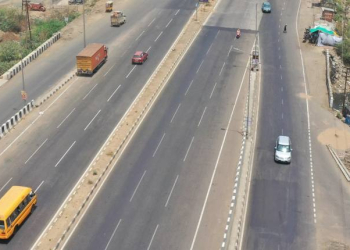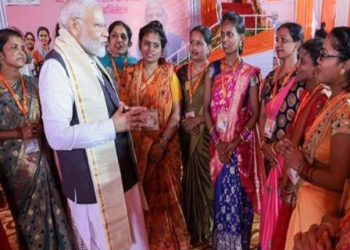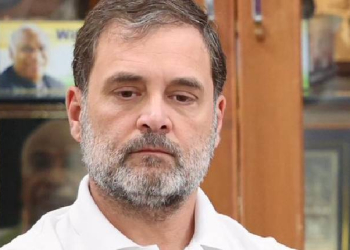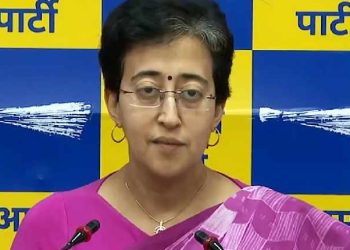New Delhi: The Centre on Thursday urged 14 states to speedily accelerate utilisation of central funds and exponentially expedite completion of new medical colleges, attached with existing district or referral hospitals, approved under Centrally Sponsored Scheme for early commencement of UG courses.
Union Health Secretary Rajesh Bhushan expressed concern over slow utilisation while reviewing the progress with Health Secretaries and Directors, Medical Education, of 14 states and UTs through video conference.
He urged the states to expedite the physical completion of projects to enable commencement of UG courses by academic session 2023-24. As scheme will conclude on March 31, 2024, hence all projects need to be completed in time, he said.
“A sum of Rs 7,500 crore have been allotted for the schemes of Human Resources for Health (HRH) and Medical Education (ME) for financial year 2022-23. However, due to the slow pace of expenditure of the states/UTs and since there has been no requisition for release of funds from the states, further release of funds by the Centre to States cannot take place,” Bhushan told the states.
Ths states were also strongly advised to regularly review the progress and urgently update the Union Ministry portal for monitoring the physical and financial progress. Union Health Secretary emphasised benefits of newer technologies that enable quick completion and also high levels of conservation of energy, as opposed to many of the conventional technologies being used in many of the projects.
A total of 157 new medical colleges have been sanctioned under this scheme since 2014, in three phases so far. The states/UTs that participated in the review meeting were A&N Islands, Arunachal Pradesh, Assam, Bihar, Chhattisgarh, Himachal Pradesh, Haryana, Jharkhand, J&K, Maharashtra, Madhya Pradesh, Meghalaya, Mizoram, Nagaland, Odisha, and Punjab.
The states were advised to explore and use locally relevant and green technology options, and steel composite structures for the projects which are yet to start.
(IANS)



















